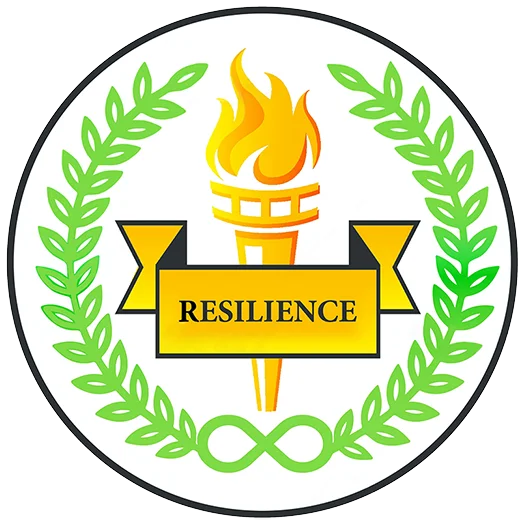The United States of America can experience unsettling waves of mass shootings within such small time frames. Devastating news is reported constantly, and the hope of feeling safe in public spaces continues to dim. The lives of children and adults, friends and family, should not be put on the line due to a lack of emotional intelligence that can be easily taught from a young age.
Social emotional learning (SEL) is a type of learning that teaches children and adults emotional intelligence. The higher an individual’s skill in emotional intelligence, the better they are able to understand and manage emotions, set and achieve goals, experience empathy for others, make responsible decisions, and form and maintain positive relationships throughout their life. With five core topics in Self-Awareness, Self-Management, Responsible Decision Making, Relationship Skills, and Social Awareness, integrating these skills into the education system will allow children to have thirteen years of learning and practicing SEL. This will work to change society towards a positive road of less violence and apathy.
While the motive for mass shooting varies from suspect to suspect, the act of shooting others openly is a behavior that lacks empathy. For a shooter to commit to such an act, what also must be present is a lack of control over their emotions.
Social emotional learning overall aims to provide an answer to emotional problems. Emotional problems are often the cause of behavioral issues, and behavioral issues can have a larger affect on society. However, there is a paradox here. Because in today’s world behavioral problems have already affected modern society, and those societal norms affect children who now may grow up with new emotional and behavioral issues. Teaching Social Emotional Learning to children in schools can work to break this cycle. Emotional and behavioral problems will inevitably be a struggle throughout everyone’s life, but having a learning track to help guide and work through behaviors will help eliminate future problems that could affect society on a larger scale — like mass shootings.
As mentioned before, Social Emotional Learning consists of five core topics that all revolve around teaching emotional intelligence to an individual.
The core topic Self-Awareness can help a person be more attuned to their own emotions and how they affect others. Teaching Self-Awareness from kindergarten to high school will help individuals master the practice of self-confidence and staying true to themselves by the time they reach adulthood.
Self-Management will teach self-control. This module will teach students how they can develop an internal self-accountability governance, in which their choices do not need to be approved by others but rather by themselves. These lessons will give them the ability to understand what needs to be done and how to accomplish it through discipline and self-management.
Moving onto the next core topic of Social-Awareness, this module is important for learning how to be empathetic towards others. It can be easy to forget other people are living their own lives and are experiencing both hardships and successes. There is a lot to think about when it comes to empathizing with others, but it’s important to form a deeper connection by understanding the “why” behind the emotions. Empathy lets an individual learn how to embrace people of different backgrounds and personalities, and helps eliminate the potential for misunderstandings and assumptions.
There is also the topic of Relationship Skills within SEL, where individuals can learn how to create, maintain, and mend relationships. Humans are social beings, as we begin forming relationships at a young age and will continue to foster relationships for the rest of our lives. People will come and go, but knowing how to interact and deal with relationships is key towards maintaining a healthy social life. Understanding how to have open and effective conversations is important, as it is a balancing act between understanding how to control one’s own emotions while also being considerate of others.
Lastly, Responsible Decision Making and Goal Setting gives individuals a direction to work towards. This lets people learn how to collaborate with others while also carrying out one’s own responsibilities in life.
These five core topics, Self-Awareness, Self-Management, Responsible Decision Making, Relationship Skills, and Social Awareness work together to develop an individual into an empathetic person who is confident and humble.
Many forms of crimes and issues in society stem from various reasons; however, one commonality is the presence of emotions and whether it drives action. Emotions will always be experienced, but people need to be taught how to handle them in a stable and safe manner in order to live a healthy life. These five core topics will help individuals learn from their emotions, but not let emotions govern their actions.
Childhood is the beginning of where emotional and behavioral problems start, therefore by having social emotional learning be taught within K-12, children will know how to balance life with emotional intelligence and have an easier time managing their emotions. And once children have better skills in managing their emotions, they will have those same skills as adolescents and adults, letting them find more constructive solutions to their feelings and benefitting society as a whole.

